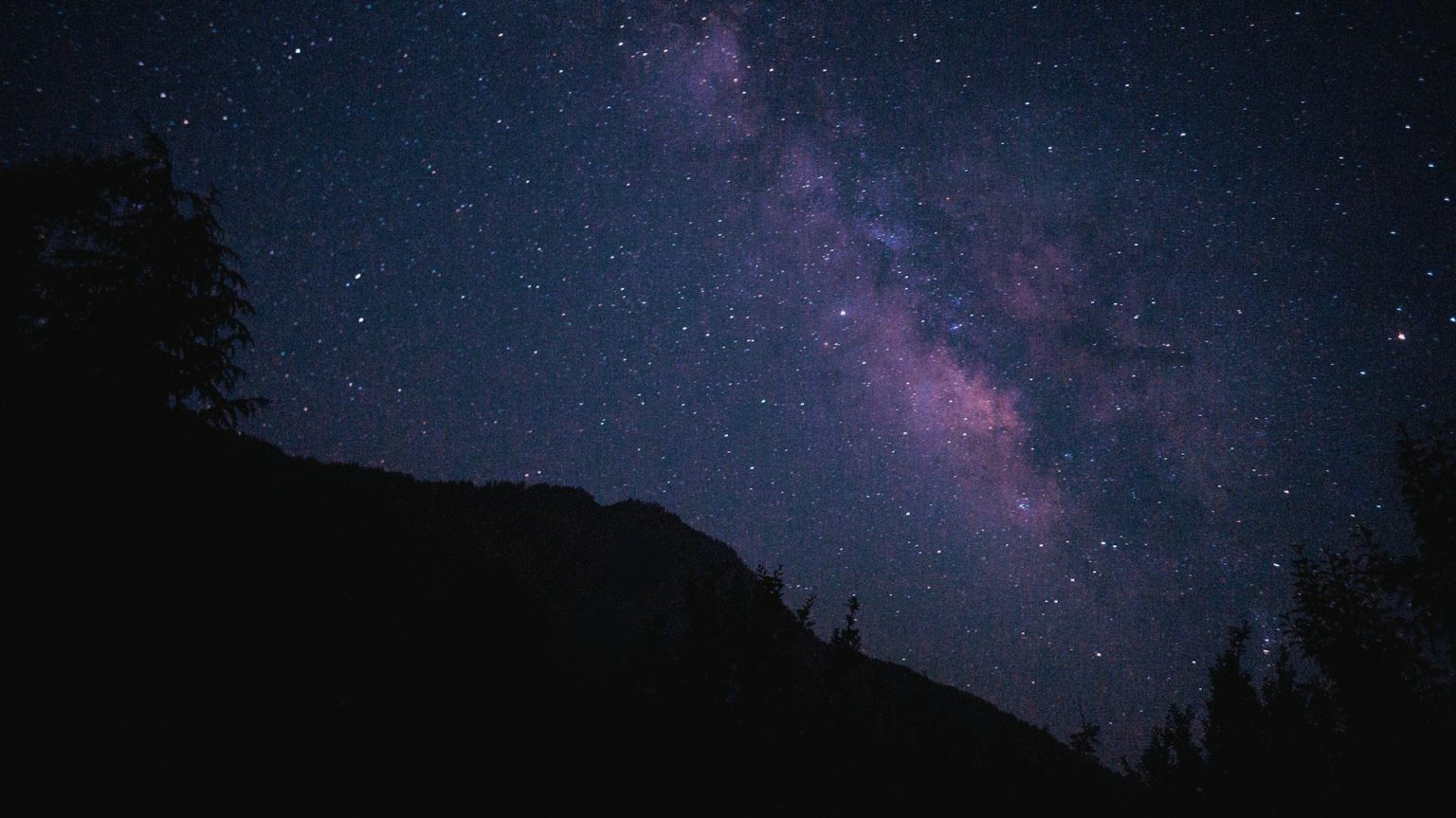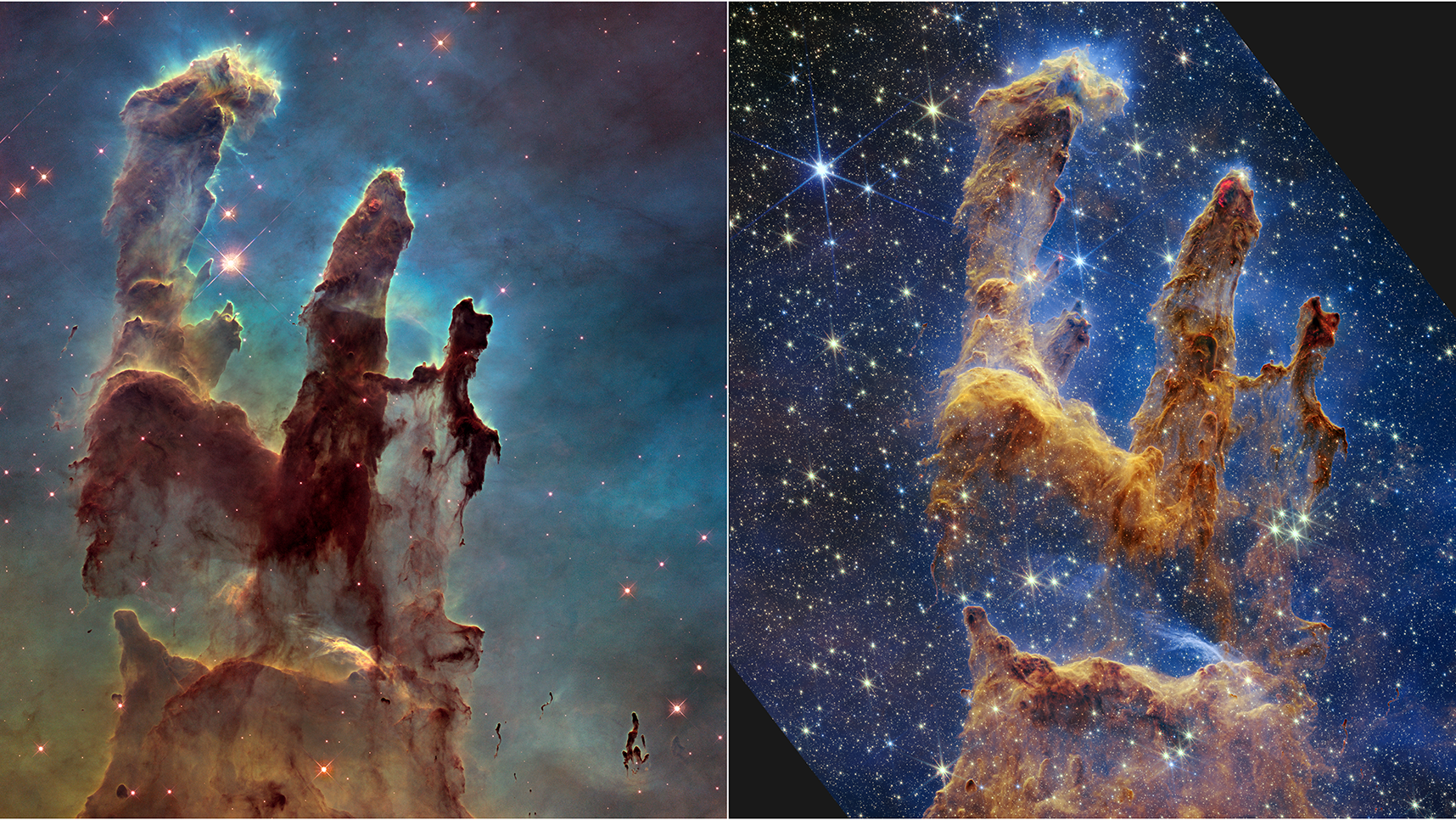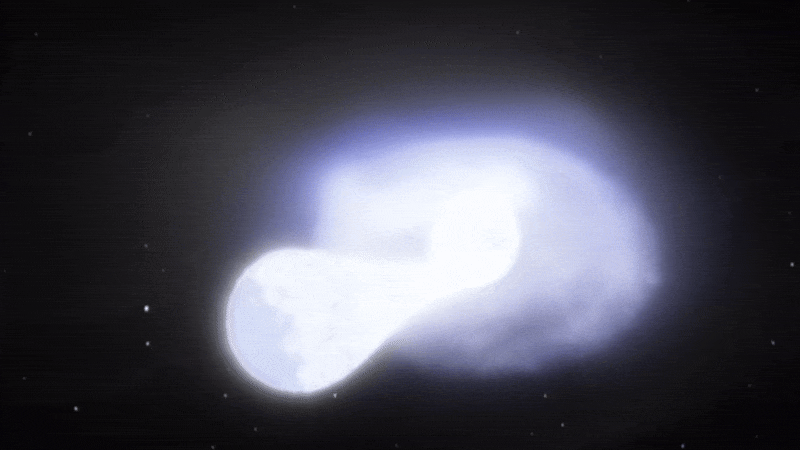The multiplicity of memory.
Topic: The Mythology of America
Robert Pinsky: We don’t have a myth of our origin. We have some history. We might mythologize the founding fathers. We mythologize our revolution, but there is not a myth in that sense. I say it’s not an original idea with me not out of modesty, but point out that Longfellow, one of the most popular artists in history of America, and then he was least as popular as Steven Spielberg is today. Longfellow set out to create myths quite consciously. That’s why he wrote the Midnight Ride of Paul Revere, he knew it wasn’t an accurate piece of history, he wanted to give this a myth. His Song of Hiawatha was an attempt to do that in retrospect it isn’t the way we went, it isn’t exactly how we did it Though there are still lot of people who love those poems. Whitman understood the national spirit better and John Ford understood it better. Could be that --- you could argue that W.C. Handy understood it better, but it is initial and we have a lot of history and where we have so much history because of the different ethnicities that its almost in a panic we boil it down and reduce it. To me it’s a very interesting water shed dividing line in this particular week of our history that Barack Obama gave the speech in which he tried to talk about the multiplicity of his own ethnicity and his family. He said “I have relatives from the same group in the end.” I think one of his brother-in-laws is a Chinese, his mom was married to an Indonesian guy, and his grandmother is a white lady from Kansas and that’s a lot of history to come people, a plethora of history. In some ways it would be simpler to be Polish, country where most people are one religion. For example there are different destinies and memory is in different phenomenon for us than it might be for the Bengalis or the Polish and only thing I am an expert is the sounds of words. I am not a historian, I am not a cultural historian, but I can dare to observe, but that’s interesting. That multiplicity of memory and that perhaps plethora of history is where thinking about.
Recorded On: 3/25/08






